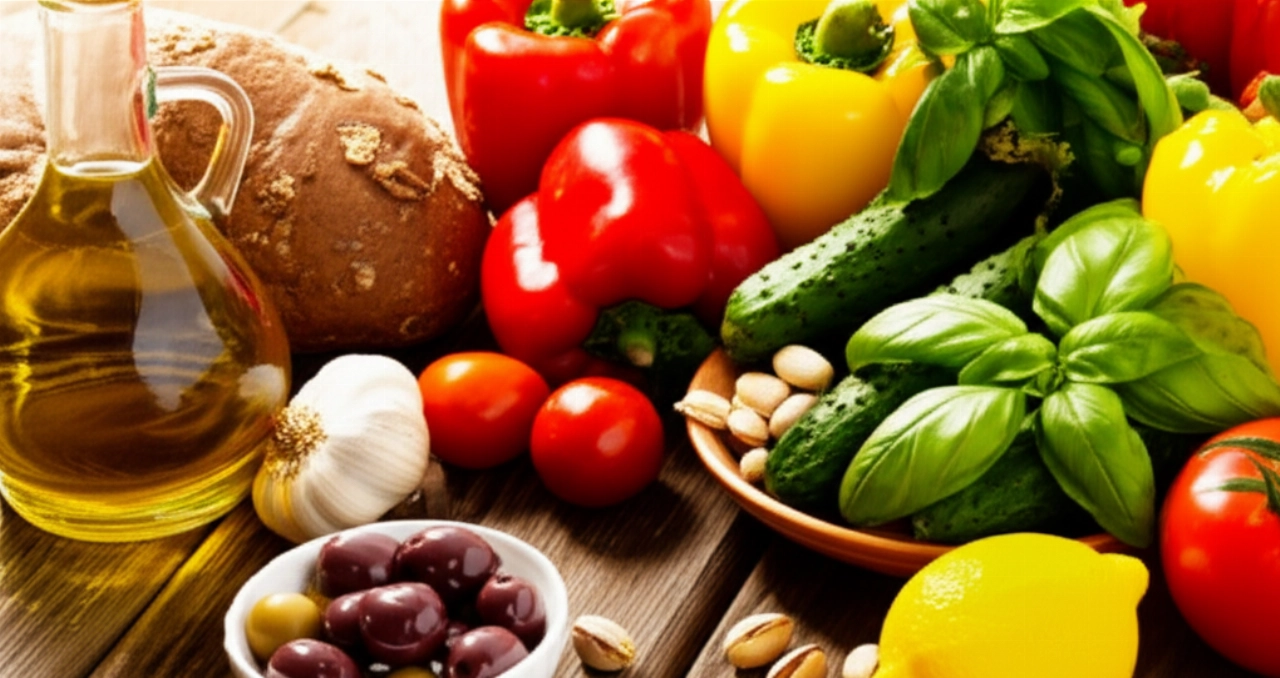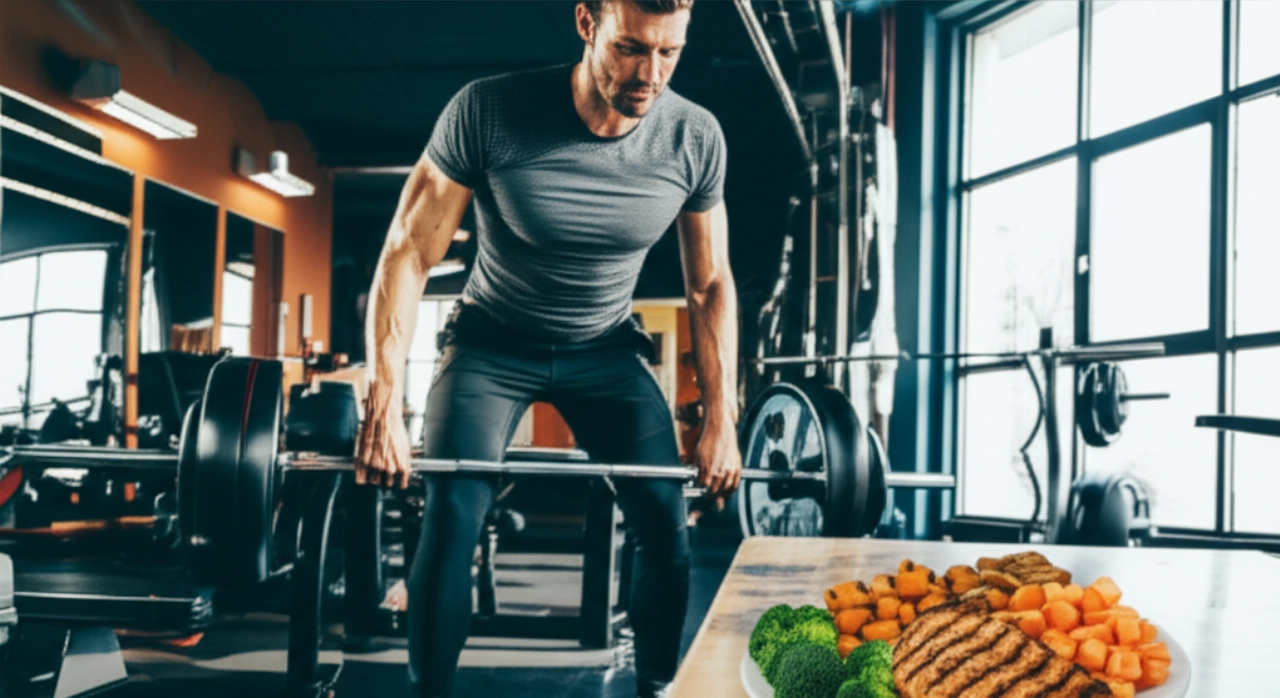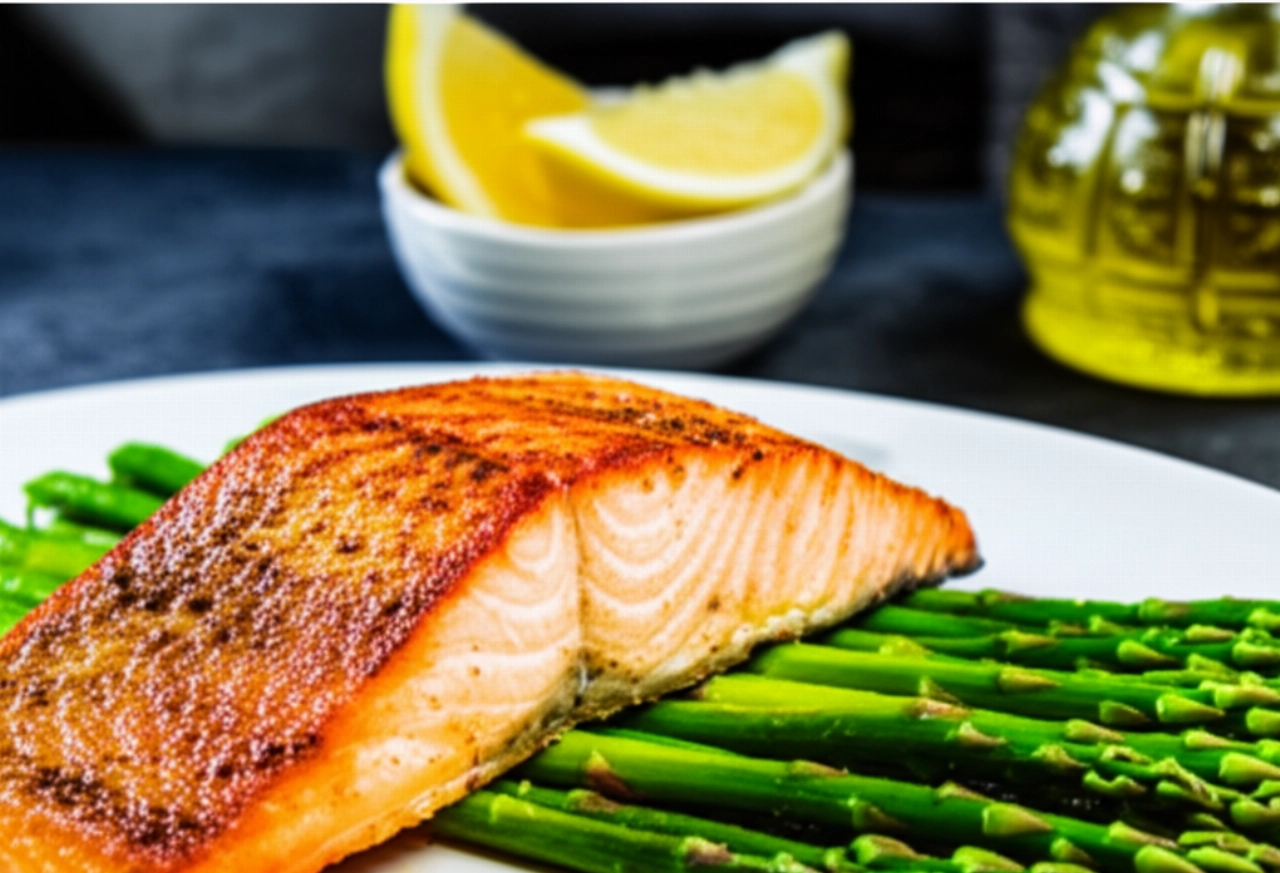How many times have you found yourself in front of a glass of wine or a cocktail, with a forced smile and a knot in your stomach? The party is in full swing, friends are toasting, but you're there, mentally calculating calories, wondering if that single sip will ruin weeks of sacrifice. Social life, full of aperitifs, dinners, and special occasions, seems to clash head-on with the desire to lose weight and finally feel good in your body.
The truth is that the relationship between alcohol and diet is often shrouded in mystery, contradictory advice, and paralyzing guilt. You've been told you have to give up everything, that every drop is a sworn enemy of your weight loss. And so, between the fear of ruining results and the frustration of feeling excluded, you end up giving up beforehand, or worse, giving in and then feeling defeated, triggering the dreaded yo-yo effect you know all too well.
But what if we told you that you can enjoy your social life, a good drink, without compromising your weight and wellness goals? At Dietasnella.it, we believe that weight loss should not be a prison of deprivation, but a journey of conscious choices that give you back freedom and pleasure. In this article, we will guide you through the science and practice to understand how to intelligently integrate alcohol into your life, guilt-free and without giving up your results. Get ready to discover the truth and regain control of your well-being.
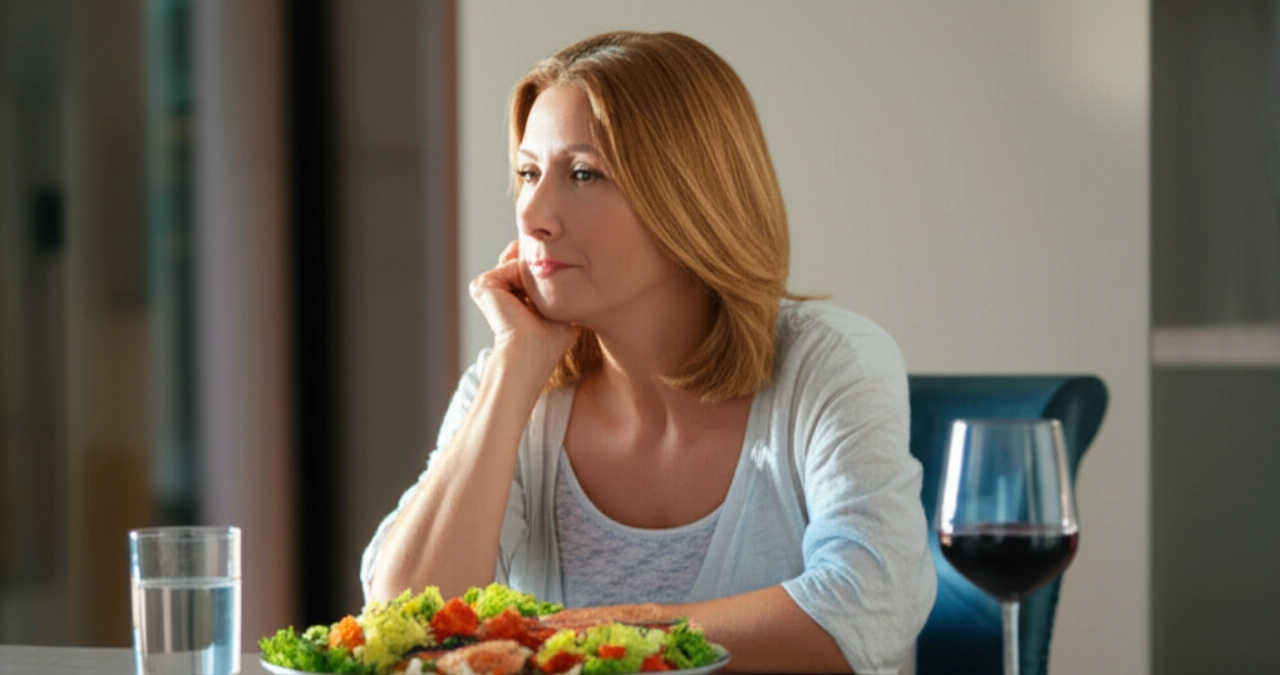
Beyond Renunciation: Why Managing Alcohol and Diet Means Living Better
Your weight loss journey is not just about numbers on the scale. It's a journey towards a more energetic, confident, and serene version of yourself. And on this journey, the ability to manage social situations, to not feel isolated or rigidly "on a diet," is fundamental for your mental health and the long-term sustainability of your results. Total renunciation can lead to a sense of deprivation that, in the long run, undermines motivation and can result in binges or abandoning the journey.
Completely giving up alcohol might seem like the simplest solution, the most direct path to success. However, it often leads to frustration and a sense of deprivation that undermines long-term motivation. Our approach is different: we teach you to make conscious choices, to understand the impact of alcohol on your body – from metabolism to macronutrient absorption – so you can enjoy a drink without sabotaging your efforts. It's not about "what you can't drink," but "how you can drink intelligently and strategically."
Learning to balance alcohol and diet means gaining freedom. Freedom to participate in a toast, to enjoy a dinner out, to live without the constant anxiety of "cheating." This awareness gives you control, reduces stress, and makes your weight loss journey not a sacrifice, but an evolution towards 360-degree well-being. It's the key to weight loss that not only helps you lose weight but also makes you feel happier, more integrated, and more at peace with your choices.
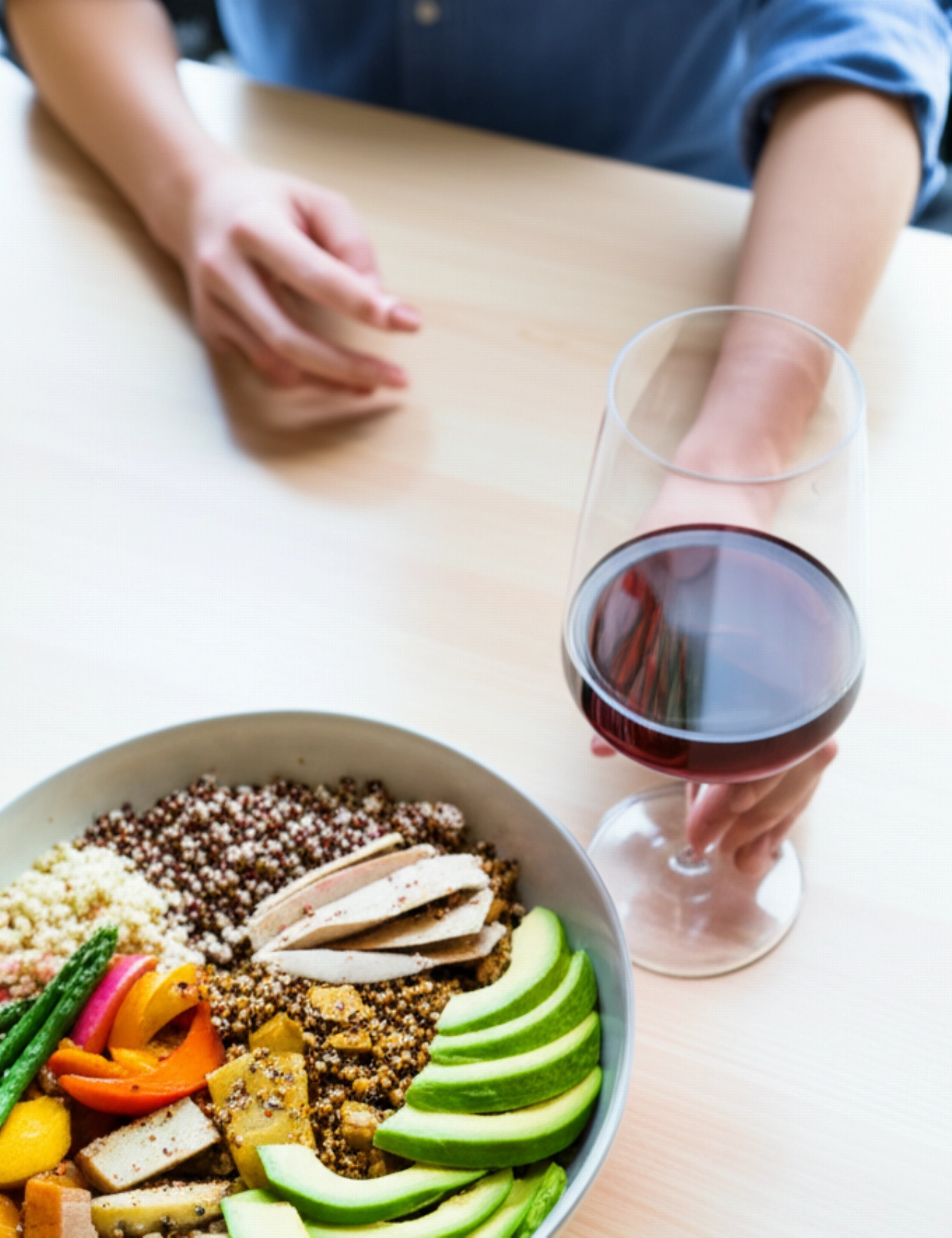
The Practical Guide: Choosing the Right Cocktails and Managing Calories Without Stress
Now that you understand the importance of a balanced and conscious approach, let's move on to the "how." Not all alcoholic beverages are equal when it comes to caloric intake and impact on your metabolism. The key is knowledge, moderation, and the ability to make intelligent choices.
Here's a mini-guide for your smartest choices when it comes to alcohol and diet:
- Dry Wine (Red or White): A standard glass (about 120-150 ml) contains between 80 and 120 empty calories. They are a much better choice than sweet wines, creamy liqueurs, or elaborate cocktails. Red wine, in particular, also offers some antioxidants, but the caloric intake remains a factor to consider.
- Pure Spirits (Vodka, Gin, Rum, Tequila): If consumed neat or with zero-calorie mixers, these alcoholic beverages are among the options with the lowest caloric intake. A "shot" (about 30 ml) contains between 70 and 100 calories. The problem arises with mixers: avoid sugary drinks, concentrated fruit juices (often rich in added sugars), and syrups. Opt for light tonic water, soda, sparkling water with lemon or lime. A light Gin and Tonic is preferable to a Mojito full of sugar and syrup.
- Light Beer: Light beers have significantly fewer calories than dark, craft, or high-alcohol beers. Check the label, but a light beer can range between 90 and 120 calories per can/bottle. They are a valid option if you love beer, but always in moderation.
- Cocktails to Avoid: These are the real enemies of your weight loss journey. Cocktails like Piña Colada, Margarita, Long Island Iced Tea are true calorie bombs, often exceeding 300-500 calories per glass, due to syrups, sugars, creams, and concentrated fruit juices. These cocktails can negate an entire day's caloric deficit in a single sip.
Golden tips for intelligent management:
- Alternate with Water: For every glass of alcohol, drink a glass of water. This not only aids hydration, but also reduces alcohol absorption and helps you drink less alcohol overall.
- Don't Drink on an Empty Stomach: Eat something protein-rich and fibrous (e.g., a handful of nuts, a piece of lean cheese) before drinking. It slows down alcohol absorption and helps you feel full, reducing the likelihood of overindulgence.
- Plan Ahead: If you know you'll have a social event or an evening where you plan to drink, you can create a slight caloric deficit in the preceding days or slightly reduce carbohydrates that day to "compensate" for the alcohol calories. Planning is your best friend.
- Quality, Not Quantity: Choose a good glass of wine or a cocktail you truly enjoy, and savor it slowly. It's not about drinking to get drunk, but about enjoying the moment, the taste, and the company. Mindfulness is everything.
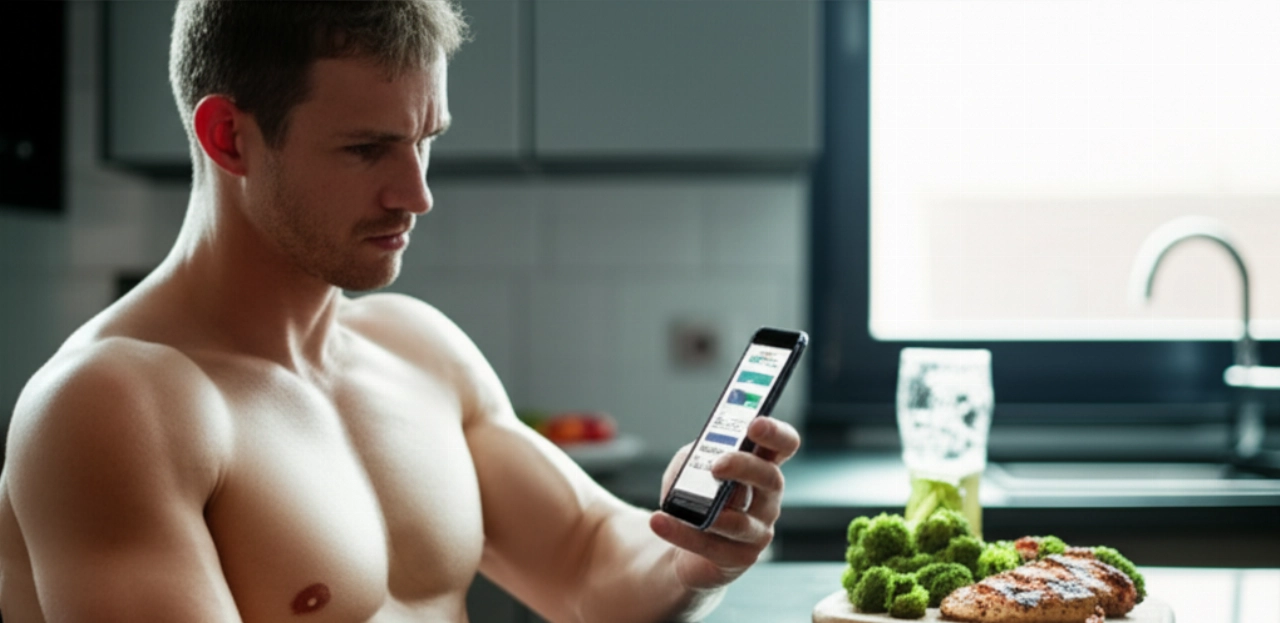
Hidden Traps: Common Mistakes with Alcohol and Diet to Avoid
The world of weight loss is full of myths and false promises, and the combination of alcohol and diet is no exception. Being aware of the pitfalls will protect you from frustrations, failures, and the dreaded yo-yo effect, which often stems from poorly informed choices.
Here are the most common mistakes you need to watch out for:
- Mistake #1: Underestimating "Empty Calories." Alcohol provides calories (about 7 kcal/gram), almost as much as fats (9 kcal/gram), but without essential nutrients. These are empty calories that your body must metabolize before burning fats and carbohydrates. This process temporarily slows down lipolysis (fat burning) and can hinder your metabolism, making it harder to achieve the caloric deficit needed for weight loss.
- Mistake #2: The "Disinhibiting" Effect. Alcohol lowers inhibitions and judgment. After a few drinks, your willpower to resist unhealthy foods (chips, salty snacks, fried foods, sweets) drastically decreases. This is often where the real damage to your weight loss journey lies, not so much in the alcohol itself, but in the impulsive food choices that follow.
- Mistake #3: Impact on Sleep and Recovery. Even moderate alcohol consumption, especially in the evening, can disturb sleep quality. Insufficient or poor-quality sleep negatively affects hunger and satiety hormones (leptin and ghrelin) and your metabolism, making weight loss and muscle recovery more difficult if you exercise.
- Mistake #4: Dehydration. Alcohol is a diuretic. It makes you lose fluids, and dehydration can be mistaken for hunger, leading you to eat more. Furthermore, it negatively affects physical performance, mental clarity, and overall well-being. Maintaining good hydration is crucial for your metabolism and your health.
- Mistake #5: Believing in "Magic Tricks." There are no pills, detox drinks, or "tricks" that magically cancel the effect of alcohol on your diet. The only effective strategy is awareness, moderation, and integration into a balanced and personalized eating plan. Be wary of those who promise quick and easy solutions.
Avoiding these traps doesn't mean giving up life or pleasures, but choosing to approach your weight loss journey with intelligence and strategy, protecting your progress and your long-term health. It's a fundamental step to overcome nutritional confusion and past failures.
Your Freedom Starts Here: Why a Personalized Diet Plan is Key
You've seen how managing alcohol and diet is not an unsolvable enigma, but an art you can master with the right information and adequate support. However, applying these principles effectively, taking into account your habits, your metabolism, your tastes, your social life, and your glycemic index, can be complex and often time-consuming.
This is where the difference between a generic "diet" and a "tailored journey" comes into play. Pre-packaged diets, those you find online or in magazines, don't account for your uniqueness. They don't know if you love red wine or beer, if your week is full of aperitifs or if you prefer quiet evenings at home. They don't consider your intolerances, your food preferences, your activity level, and, most importantly, your specific goals and past difficulties.
At Dietasnella.it, our philosophy is clear: your eating plan should be an ally, not an enemy. It must adapt to you, not the other way around. We offer a scientific approach, based on macronutrient balancing and personalized caloric deficit, but always with an eye on taste and sustainability. Our team of expert nutritionists is here to listen to you, understand your needs, and build a path that allows you to reach your ideal weight feeling good, energetic, and free to enjoy life, including your social moments, without the fear of hunger and deprivation.
It's not just about losing weight, but about gaining a new food awareness that will last forever. It's the end of nutritional confusion, past failures, and the fear of deprivation. It's the beginning of a healthy and fulfilling relationship with food and with yourself, a journey that frees you from the dread of the scale and restores confidence in your body.
Frequently Asked Questions About Alcohol and Diet
Can I drink alcohol if I'm on a diet?
Yes, with moderation and awareness. It's not necessary to completely eliminate alcohol from your weight loss journey, but it's crucial to understand how it affects your body and your metabolism. The key is the choice of drinks, quantity, and frequency, integrating them into a balanced eating plan.
Which alcoholic beverages have the fewest calories?
Pure spirits (vodka, gin, rum, tequila) have fewer calories if consumed neat or with zero-calorie mixers (soda, light tonic water). Dry wine (red or white) and light beer are also better options than sugary cocktails or creamy liqueurs, which are rich in empty calories and added sugars.
Does alcohol slow down metabolism?
Alcohol is metabolized by the liver before fats and carbohydrates. This process can temporarily slow down your body's ability to burn fat. Excessive and frequent consumption can have a negative impact on your metabolism in the long term, on body composition, and on the body's ability to recover, compromising your weight loss efforts.
How much alcohol can I drink without ruining my diet?
There's no universal answer; it depends on your caloric deficit, your personalized eating plan, and your individual tolerance. In general, moderation is crucial. For women, no more than one drink per day is recommended; for men, no more than two. It's preferable to concentrate consumption on one or two days a week, rather than drinking small amounts every day, to allow the liver to recover and the body to optimize fat burning.
How can I manage hunger after drinking alcohol?
Alcohol can increase appetite and lower inhibitions, leading to less healthy food choices. To manage post-alcohol hunger, drink plenty of water to maintain hydration, consume a balanced meal rich in protein and fiber before drinking, and try to have healthy snacks available (fruit, vegetables, lean proteins) if you feel hungry after drinking. Planning is essential to avoid impulsive "cheats."
Your Journey Towards Freedom and Well-being Starts Now
You've just discovered that managing alcohol and diet is not an unsolvable enigma, but an art you can master with the right information and adequate support. You don't have to give up your social life to achieve your wellness goals; you just need to learn to make conscious and strategic choices.
Perhaps you think: "It's too complicated for me," or "I've failed too many times already." But the truth is that you haven't failed; the generic methods that never truly understood you have. Success is not a matter of infinite willpower, but of personalized strategy, of a partner who guides you step by step, taking into account your real life, your preferences, and your challenges.
Stop feeling frustrated and confused. Your body deserves a clear path that leads to real and lasting results, allowing you to enjoy life guilt-free. The first step isn't a restrictive diet, but understanding your needs to create a tailor-made plan for you. It's free, no obligation, and will give you the map to reach your goal.
Click here, tell us about yourself, and discover how you can finally reach your ideal weight feeling great and free to live every moment. Start transforming your relationship with food and with yourself now.
Now that you've discovered how to manage alcohol and diet, you might want to delve deeper into other aspects of your well-being:
- Discover how to balance macronutrients for effective and lasting weight loss.
- Learn more about the crucial role of hydration in your wellness and weight loss journey.
- Read our complete guide on caloric deficit for healthy and sustainable weight loss.



